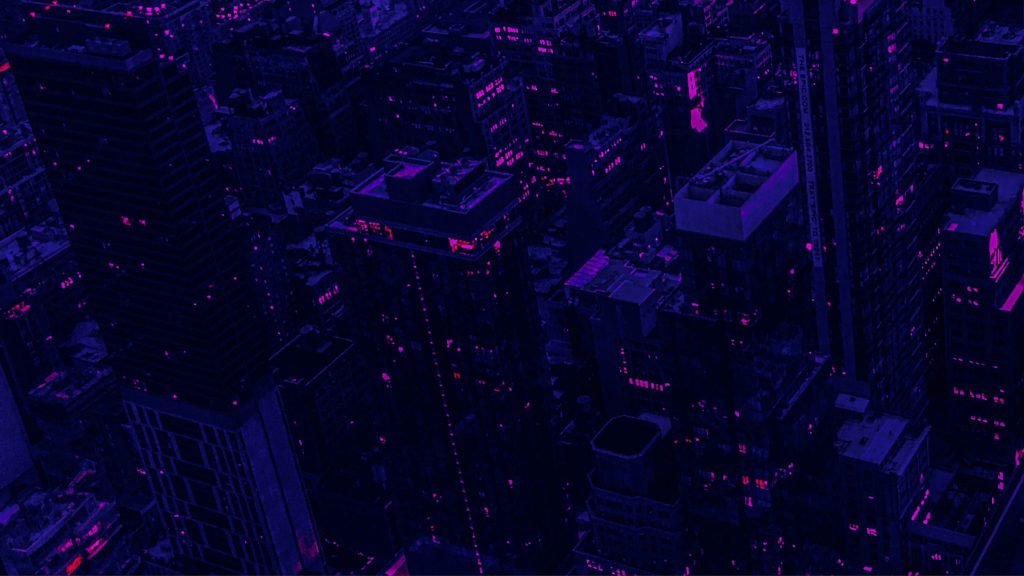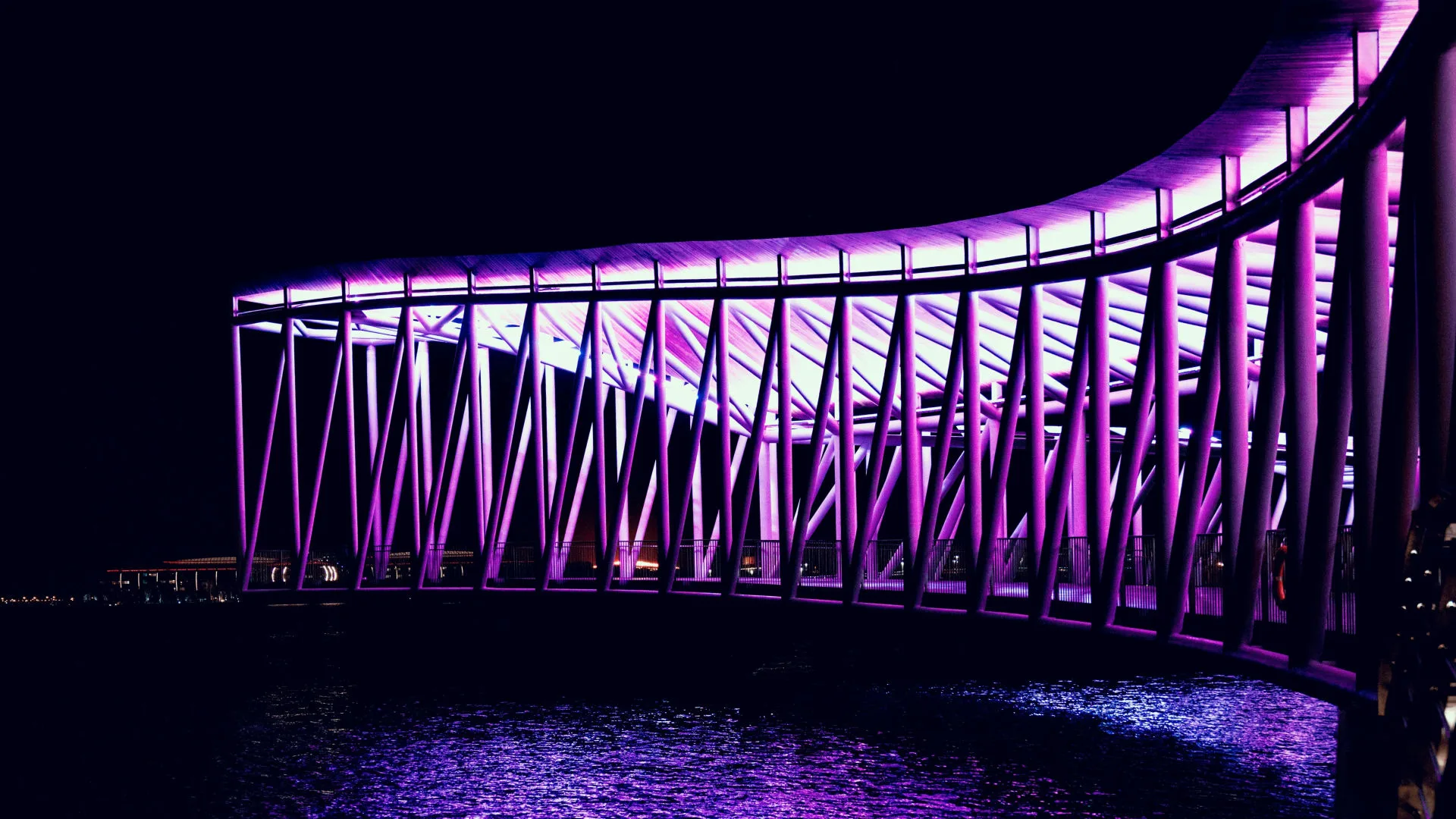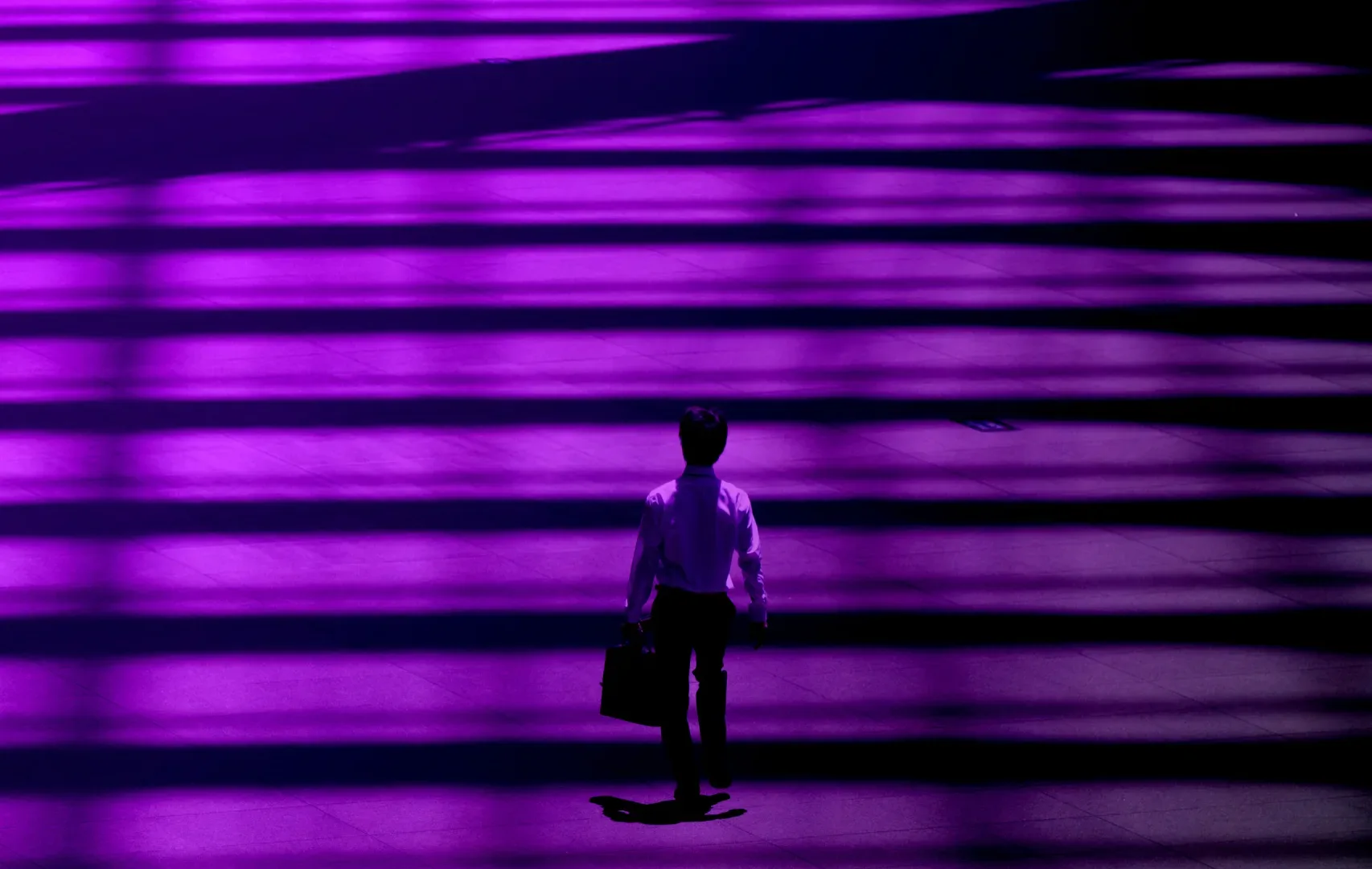
In major cities like Dubai, Doha, and Riyadh, where iconic skylines continuously redefine urban horizons, developers face a pivotal challenge: How to stand out in a market saturated with ambitious projects and rapid development? The answer lies in strategic brand development, a powerful tool indispensable for creating a differentiated brand and establishing emotional connections with discerning audiences.
The Perception Premium
At its core, a brand is a perception. As Jack Trout, one of the fathers of positioning theory, astutely observed, “Differentiation is not about being different; it’s about being perceived as different.” This principle holds especially true in the real estate sector, where a property’s physical attributes are often just the starting point of what attracts buyers.
Recent data underscores the tangible value of strong branding for real estate. Knight Frank’s 2024 report reveals that branded residences in Dubai command a staggering price premium of up to 30% compared to their non-branded counterparts.
Similarly, JLL’s latest market analysis shows that branded residences account for 29% of all pipeline residential units in Dubai. These statistics represent a significant shift in consumer behavior and preferences, highlighting the growing importance of branding in real estate.
Brand Insight: For forward-thinking leaders, investing in brand development transcends creating a logo or a catchy slogan. It’s about developing a comprehensive identity that resonates deeply with your target audience and differentiates your properties in an increasingly homogeneous market.
Understanding Real Estate Brand Development
Real estate branding is a comprehensive strategy that shapes perceptions, influences decision-making, and creates a unique identity for properties and developments. In the Gulf, where rapid development and ambitious national visions are reshaping cityscapes, effective real estate branding becomes even more crucial.
Recent research published in the Asia-Pacific Journal of Management and Technology (2023) has examined the impact of branding on consumer behavior in the real estate market, highlighting the growing importance of strategic brand development in this sector. This is particularly relevant in the Gulf region, where mega-projects and new city developments are commonplace.
The success of Dubai’s Palm Jumeirah illustrates the power of effective real estate branding. Its iconic palm-shaped design and luxury positioning have made it a globally recognized destination, attracting high-net-worth individuals and premium tourists. This exemplifies how strategic branding can elevate a real estate development from a mere collection of properties to a desirable lifestyle destination.
Maximizing Value Through Differentiation
At Brand Lounge, we’ve pioneered a four-dimensional approach to brand differentiation that has proven particularly effective in real estate: Purpose, Innovation, Culture, and Image. Let’s explore how these dimensions can transform your real estate brand:
1. Purpose: The Soul Differentiator
In real estate, brand purpose extends far beyond providing shelter. Uncovering the unique ‘why behind your development or destination can increase value. It can be about creating communities, fostering aspirational lifestyles, and contributing meaningfully to urban development. For instance, Emaar’s Downtown Dubai isn’t just a collection of buildings; it’s a vision of modern urban living that has transformed the city’s landscape and identity.
Brand Lounge Case Study: Our collaboration with Aldyar Alarabiya, a leading Saudi developer, focused on redefining their brand purpose to “creating happy families.” This purpose-driven approach differentiated them in the market and guided their development strategies toward creating family-centric communities. This strategic shift aligned perfectly with Saudi Vision 2030’s focus on quality of life and community development.
Brand Insight: Define your company’s purpose beyond profit. What lasting impact will your developments have on residents’ lives and the broader community? How does this purpose align with national visions and societal aspirations?
2. Innovation: The Radical Differentiator
In a region known for pushing boundaries, innovation in real estate can manifest in various forms, from cutting-edge sustainable design to AI-driven smart home technologies. The Sustainable City in Dubai is a prime example of how innovation in sustainability can become a powerful brand differentiator.
A recent PwC report indicates that 73% of respondents in the Middle East consider ESG factors in their investment decisions, highlighting the importance of innovative, sustainable practices in attracting both residents and investors.
Brand Insight: Identify and invest in areas of innovation that align with your brand values and market demands. How can you incorporate these innovations as a key part of your brand narrative and differentiate your offerings?
3. Culture: The Core Differentiator
A brand’s culture in real estate is reflected in everything from property design to customer service delivery. It’s the invisible force that can turn a development from a collection of buildings into a thriving community.
Brand Insight: How can you cultivate a unique brand culture within your organization that translates into tangible benefits for residents and visitors? Consider how this culture can be reflected in every touchpoint, from the sales process to community events, or a particular lifestyle ethos.
4. Image: The Surface Differentiator
While the image might be considered a “surface” differentiator, in real estate, brand image is far from superficial. The visual identity of a real estate development, from architectural style to marketing materials, plays a crucial role in attracting buyers and investors. The distinctive sail-shaped silhouette of the Burj Al Arab, for instance, has become synonymous with Dubai’s luxury real estate market.
Brand Lounge Case Study: For Durub Jeddah, a mixed-use development in Saudi Arabia, we created a visual identity that captured the essence of modern Jeddah while respecting its cultural heritage.
Brand Insight: How can you develop a strong, cohesive visual identity that extends from your logo to the architectural aesthetics of your properties? Consider how this visual promise can create a memorable and differentiated brand presence in a market flooded with options.
The ROI of Real Estate Brands: Beyond the Bottom Line
Investing in brand development yields tangible returns in the real estate sector. A study by the Real Estate Institute of Australia found that strongly branded properties sell 20% faster than their non-branded counterparts. In the Gulf region, where the real estate market is particularly dynamic, this can translate to significant financial advantages.
Moreover, a well-developed brand can:
1. Command Higher Prices: As mentioned earlier, branded residences in Dubai can fetch premiums of up to 35%.
2. Attract Investors: A strong brand signals stability and potential for appreciation, attracting individual and institutional investors. The Saudi real estate market saw a 26.1% year-on-year increase in residential real estate transactions in Q1 2023, according to the Saudi Central Bank (SAMA). A strong brand signals stability and potential for appreciation, attracting both individual and institutional investors in these markets.
3. Build Customer Loyalty: A study by Bain & Company found that increasing customer retention rates by just 5% can increase profits by 25% to 95%. In real estate, this translates to repeat purchases, valuable word-of-mouth referrals, and long-term community stability.
4. Market Expansion: A strong brand makes it easier to enter new markets or launch new property types under the same brand umbrella.
5. Facilitate Expansion: A strong brand makes it easier to enter new markets or launch new property types under the same brand umbrella, crucial in the diverse and rapidly evolving regional markets.
Brand Insight: View branding as a strategic long-term investment. The upfront costs of developing a strong brand strategy will pay dividends in faster sales, higher prices, and increased customer loyalty.
The Future of Real Estate Brand Development
As the GCC continues to diversify its economies and invest in real estate, the importance of effective brand development will only grow. For real estate developers, the future lies in creating experiences and communities, not just buildings.
According to KPMG’s ‘Future of Cities’ report (2021), more than two-thirds of GCC residents consider quality of life a key factor when deciding where to live, indicating a shift from traditional metrics in real estate preferences.
This shift in priorities highlights the need for a holistic approach to real estate brand strategies that go beyond physical assets to encompass lifestyle, community, and experiences.
Brand Development as a Strategic Imperative
In an era where differentiation is key, strategic brand development offers real estate and tourism industries a powerful tool to stand out, attract investment, and create lasting value. By focusing on purpose, innovation, culture, and image, you can develop a compelling narrative that resonates with your target audience and sets you apart from the competition.
As you consider your brand strategy, remember that you’re selling lifestyles, experiences, dreams, and futures. Your brand should reflect that profound responsibility and opportunity.
We’re committed to helping you uncover your unique story and translate it into a powerful brand that maximizes value. Whether you’re developing a new residential community, launching a mixed-use destination, or repositioning an existing asset, our strategy-led approach can help you create a differentiated brand that drives growth and success.
Connect with one of our consultants to discover how we can help you maximize your brand’s value and achieve your business objectives in the competitive real estate markets.





